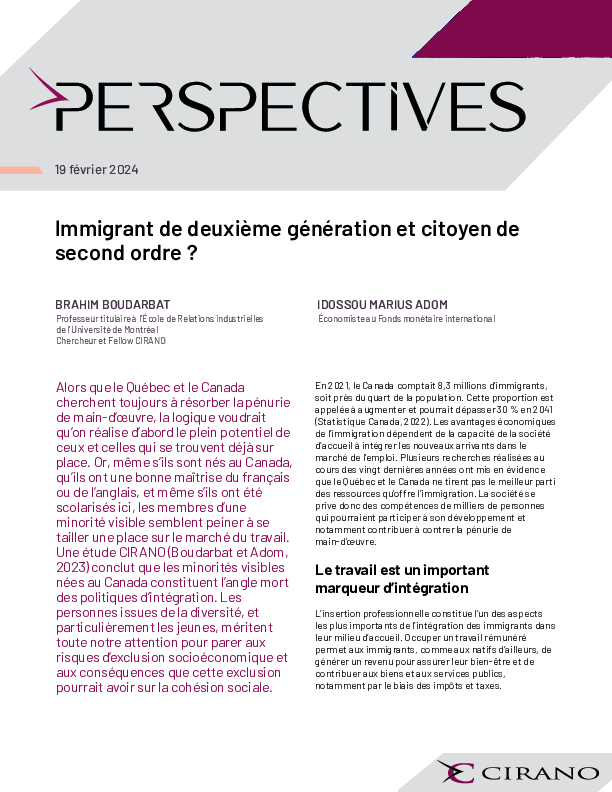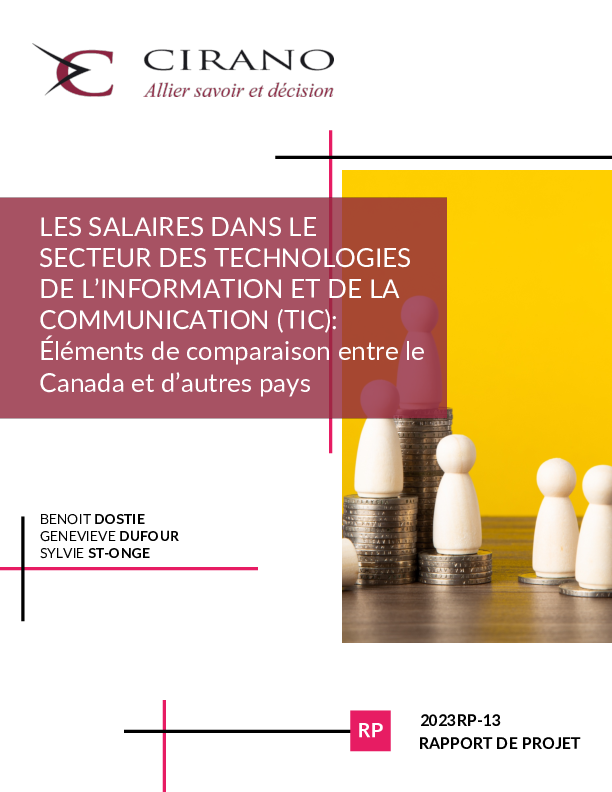Indemnisation des personnes victimes d'accidents évitables dans la prestation des soins de santé : Responsabilité sans égard à la faute et régimes d'indemnisation
The compensation of victims of avoidable incidents incurred in the context of health services delivery is an important concern. In Quebec, the liability plan is one of fault liability. In order to be compensated, the victim must prove to a judge that she suffered from a professional error, that damages ensued and that there was a causal link between the error and the damages. It is a long and costly process. There are many cases where: (1) professional error is not easy to prove, (2) a causal link is difficult to establish, or (3) no professional error was committed. In these three specific cases, victims will not be compensated. Various reforms can be considered to improve the compensation of all victims of avoidable incidents (with or without fault and including therapeutic unknowns) : implementing a liability plan that does not take fault into account (a no-fault), creating a public compensation fund, creating "patient insurance"" but also implementing other measures complementary to deep system reforms (help with lawsuits, complaint mediation, risk prevention, etc.). The creation of a public compensation plan for victims of avoidable incidents regardless of fault is the most often suggested type of reform. We will therefore study the relevance and feasibility of such a plan. We will consider various compensation models (principle, characteristics, application modalities, etc.) and perform an economic analysis of potential reforms. The examination of compensation systems that already exist in other countries will allow us to refine our analysis regarding the feasibility of such reforms in Quebec.
[ - ]
The complete version of this publication is confidential."




